Professor Sam Twiselton OBE is one of the most influential voices in teacher education. She is Director of Sheffield Institute of Education, Sheffield Hallam University. Sam is a member of the FED’s Advisory Council and has been involved in a number of FED events. In this blog written for the FED Sam highlights the fact that we lack a stable, long-term plan that means we can develop, execute and protect and our educational strategy over time and over different tenures and administrations. As this blog illustrates, she is passionate about being involved in influencing teacher development policy and works closely with the DfE and others to support a more strategic and systematic approach to attracting, developing and retaining the best teachers.
Recent times have shown us more than ever what we already knew. Education in all its forms is one of the most important things a civilised society must cherish. It has the power to transform lives, open gateways, change individuals, communities, society and the world. Without education we would not have any of the other things our upon which civilised lives depend. Covid times have shown us more clearly than ever the importance of this.
All recent political commentary has superficially agreed with these points and yet as a nation we seem unable to follow this consensus through. This is demonstrated in that fact that we lack a stable, long term plan that means we can develop, execute and protect and our educational strategy over time and over different tenures and administrations. Too many good ideas in education do not survive the person who initially championed them and too often they are replaced by another set of initiatives that prove to be equally short-lived.
This matters for all aspects of education but in my bit of the sector it is particularly clear for the recruitment, retention and development of teachers. The problem of teacher retention existed long before Covid-19. It is one that that for some time has been getting worse and earlier in career every year. This really matters. It not only means a lot of resource (and time and emotional energy) is being wasted on teachers who do not stay it also means many pupils are not getting the benefit of experienced and skilled teachers. The impact of this is bad for everyone but particularly bad for those who have the most need of the best teaching. Teacher recruitment and high teacher turnover impacts by far the most significantly on schools with the poorest intakes. Schools with affluent intakes have double the percentage of teachers with more than ten years of experience compared to the poorest. Pupils in schools serving areas of higher deprivation are much more likely to have teachers without an academic degree in a relevant subject. The schools serving more disadvantaged communities experience higher levels of teacher turnover and much more dependence on supply teachers, unqualified teachers, fixed term contracts and NQTs.
The good news is that DfE have recently woken up to this problem and in publishing the recruitment and retention strategy last year came up with a sensible long term response. As a strategy it includes different moving parts all of which need to work together, but it is the ECF and ITT Core Content Framework that are uppermost for me.
When the two frameworks are up and running and working together, we have something that could make a huge difference – a core entitlement for all trainees and early career teachers, regardless of where they train or where they get their first job. This ‘Velcroed-together’ set of frameworks should provide consistency in the evidence-based training, support and development that new teachers receive across the ITT year and the first two years after they have qualified. This is a great step forward and the system needs to get behind it and support it.
Equally importantly – it needs to endure for many years. This does not mean it should not evolve and improve as we learn. What must not happen is that a different minister, different treasury, different administration should decide it is not a priority. Whatever happens – from global pandemics to world recessions we will always need a good education system to address the challenges that are thrown up. We cannot have this without good teaching and good teachers. We cannot have these without supporting and developing our teachers to keep them in the profession and helping them to keep getting better.
Prof Sam Twiselton, OBE.
To be involved in our next event, please register here, and if you enjoyed this piece, why not read our other blogs here?



